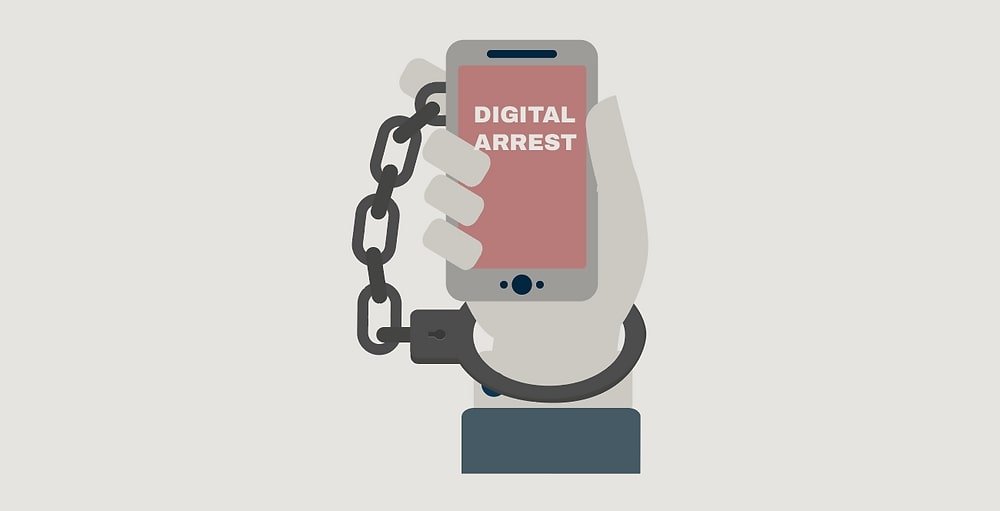The Supreme Court of India has taken serious note of the alarming rise in “digital arrest” scams — an emerging cybercrime trend where victims are coerced into transferring money or remaining virtually “detained” through online intimidation. On Friday, the apex court asked all states and Union Territories to submit details of FIRs filed in connection with these scams, while hinting at the possibility of transferring the probe to the Central Bureau of Investigation (CBI).
The First Firm to Assess Your DFIR Capability Maturity and Provide DFIR as a Service (DFIRaaS)
Rising Threat of ‘Digital Arrest’ Scams
The court’s intervention comes amid a surge in cybercrimes where fraudsters impersonate law enforcement officials using fake calls, video chats, and doctored summonses. Victims are often threatened with arrest in fabricated cases such as money laundering or narcotics smuggling and are forced to remain visible on video calls while transferring funds to “settle” charges.
This sophisticated scam has gained traction across multiple states, prompting the court to seek comprehensive data to assess its national scale and systemic gaps in policing.
SC Questions States, May Involve CBI
A Bench led by Chief Justice DY Chandrachud directed all states to file status reports on the number of FIRs registered, the progress of investigations, and measures taken to combat such cybercrimes. The court also indicated that if the scams show cross-border or interstate coordination, a CBI-led probe may be warranted to ensure uniformity and effectiveness.
The court emphasized that these scams represent a new-age cyber threat where technology is used to exploit fear and authority. “This form of psychological coercion using digital tools is deeply concerning,” the bench observed.
National Coordination and Awareness
Legal experts believe that the Supreme Court’s proactive stance could push law enforcement agencies to establish a national framework for combating digital extortion. Authorities are also expected to enhance digital literacy campaigns to help citizens identify and report such frauds.


